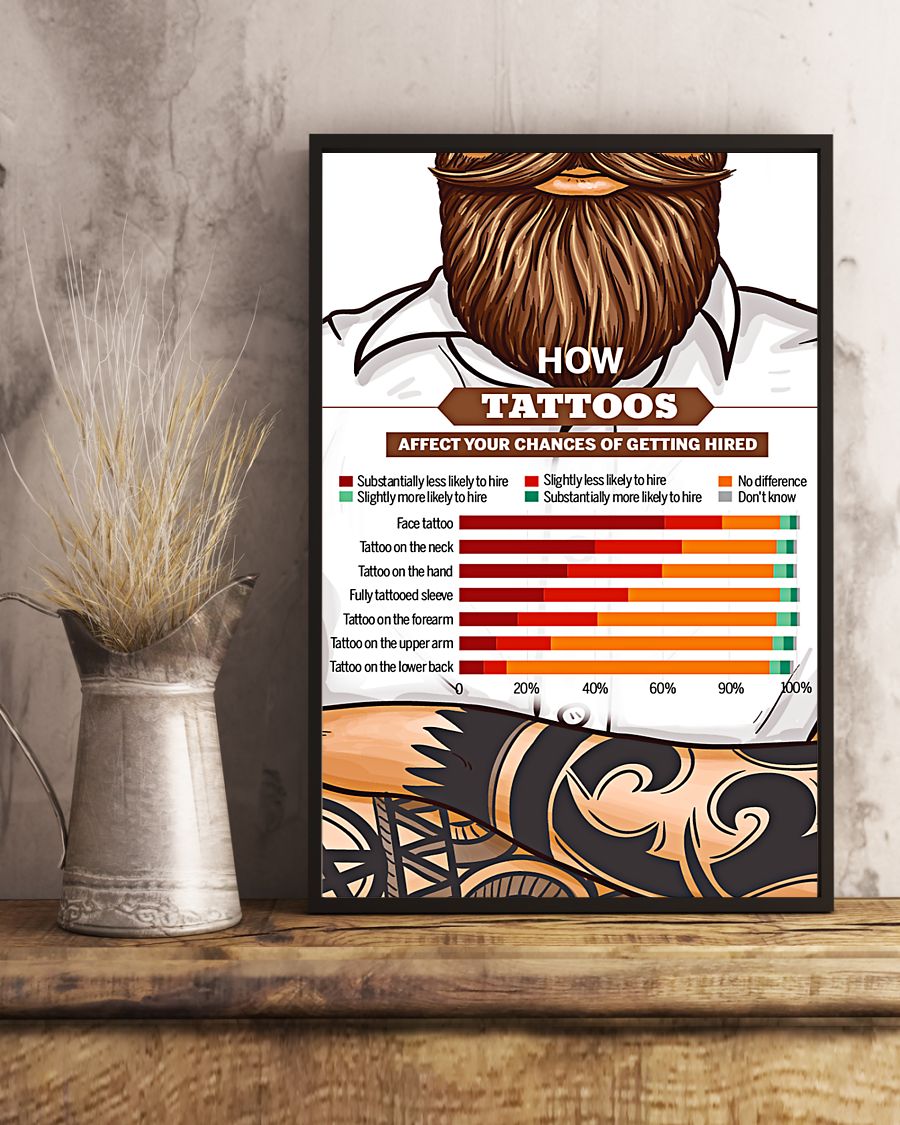How Tattoos Affect Your Chances of Becoming a Police Officer
The Benefits of Having Tattoos as a Police Officer
Having tattoos as a police officer can have some benefits, depending on the context and the nature of your tattoos. Some of the possible advantages are:
- Building rapport with the community: Having tattoos can help you relate to some segments of the population that may have a negative perception of the police, such as young people, minorities, or people with alternative lifestyles. Tattoos can show that you are not a stereotypical cop, but a human being with your own identity and interests. This can help you establish trust and communication with the people you serve, and potentially prevent or resolve conflicts.
- Expressing your personality and values: Tattoos can be a way of expressing your personality and values, which can be important for your mental health and well-being. Tattoos can reflect your hobbies, passions, beliefs, or experiences, and remind you of who you are and what matters to you. Tattoos can also be a source of pride and confidence, especially if they have a meaningful or symbolic significance for you.
- Enhancing your appearance and performance: Tattoos can also enhance your appearance and performance as a police officer, depending on the design and location of your tattoos. Tattoos can make you look more intimidating or authoritative, which can be useful in some situations where you need to assert your presence and power. Tattoos can also make you look more attractive or fit, which can boost your self-esteem and motivation.

The Drawbacks of Having Tattoos as a Police Officer
Having tattoos as a police officer can also have some drawbacks, depending on the context and the nature of your tattoos. Some of the possible disadvantages are:
- Facing discrimination and prejudice: Having tattoos can expose you to discrimination and prejudice from some segments of the population that may have a negative perception of tattoos, such as conservative, religious, or elderly people. Tattoos can also affect your chances of getting hired or promoted, as some police departments may have strict policies or preferences regarding tattoos. Tattoos can also affect your credibility and professionalism, as some people may judge your character or competence based on your appearance.
- Limiting your career options and opportunities: Having tattoos can also limit your career options and opportunities as a police officer, as some assignments or roles may require you to conceal or remove your tattoos. For example, if you want to work as an undercover or plainclothes officer, you may have to cover up your tattoos to blend in with your environment and avoid detection. If you want to work as a detective or a supervisor, you may have to remove your tattoos to appear more respectable and authoritative.
- Causing health and safety issues: Tattoos can also cause health and safety issues as a police officer, depending on the quality and condition of your tattoos. Tattoos can increase your risk of infection, allergic reaction, or skin damage, especially if they are not done by a professional or maintained properly. Tattoos can also make you more vulnerable to injury, as they can be targeted by assailants or damaged by weapons or equipment.
How to Balance Your Personal Preferences and Professional Goals
If you are interested in becoming a police officer, but you also want to have tattoos, you need to balance your personal preferences and professional goals. Here are some tips on how to do that:
- Research the policies and practices of different police departments: Before you apply for a job as a police officer, you should research the policies and practices of different police departments regarding tattoos. Some departments may have no restrictions, some may have specific guidelines, and some may have zero tolerance. You should also consider the culture and expectations of the community you want to work in, and how they may react to your tattoos.
- Choose your tattoos wisely: If you decide to get tattoos, you should choose them wisely, considering the design, location, and visibility of your tattoos. You should avoid tattoos that are offensive, controversial, or inappropriate, such as those that depict violence, hate, or discrimination. You should also avoid tattoos that are too large, too many, or too conspicuous, such as those that cover your face, neck, or hands. You should opt for tattoos that are small, discreet, or easily concealed, such as those that are on your arms, legs, or torso.
- Be prepared to compromise or sacrifice: If you have tattoos, you should be prepared to compromise or sacrifice some aspects of your personal expression or professional goals. You may have to cover up your tattoos with clothing, makeup, or bandages, depending on the situation and the requirements of your job. You may also have to remove your tattoos with laser or surgery, if they interfere with your career advancement or performance. You should weigh the costs and benefits of having tattoos, and decide what is more important to you.
Conclusion
